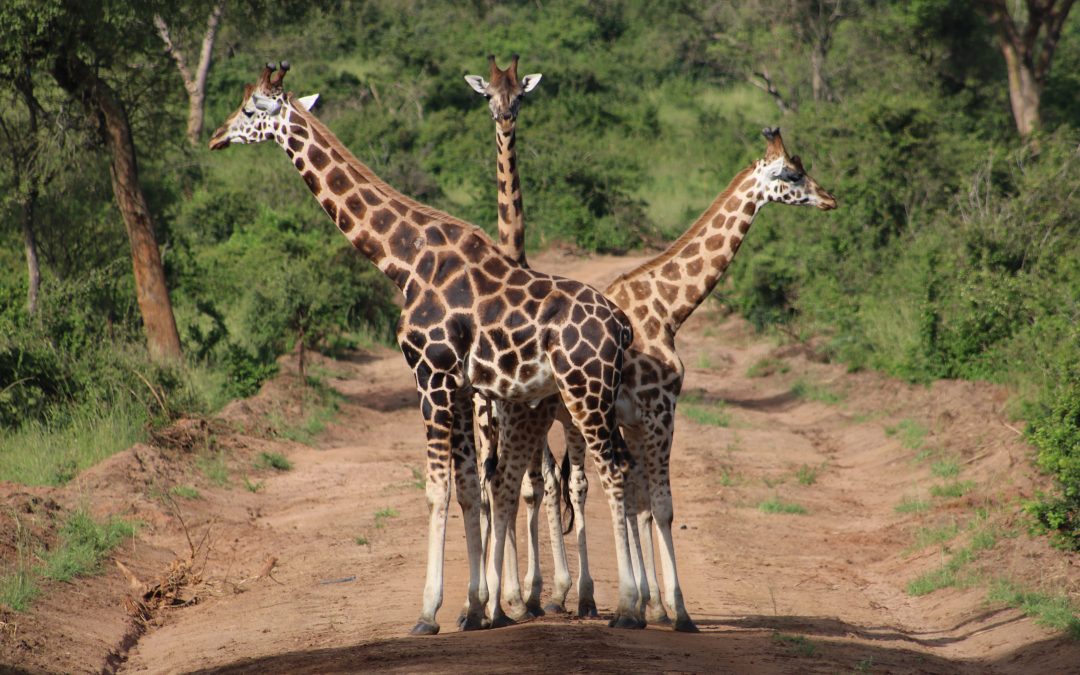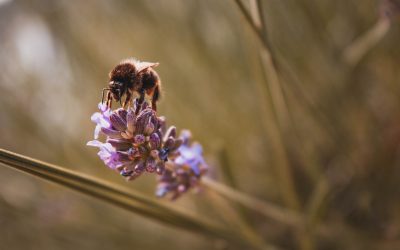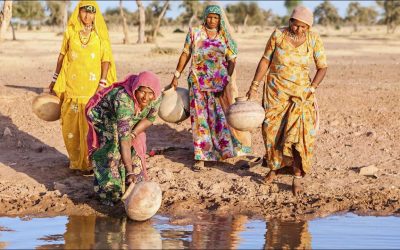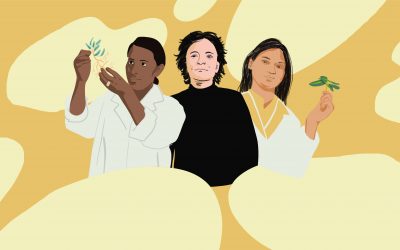Writing on International Climate Change Day is definitely not easy. Firstly, because I’m afraid no one knows that June 21st is the day dedicated to climate change (neither did I until some time ago!) and, secondly, because so much has already been written about it. Stressing, for the umpteenth time, that things are not moving in the right direction, might not be the best way to add value for our readers.
You can therefore understand why, when I discovered that June 21st is also World Giraffe Day, I took the opportunity to focus my article on this magnificent animal, that lives in the savannahs of the planet and can reach – just think – a height of over 6 metres. My research began from an article (in Italian) by WWF Rome that opens as follows: “The extinction of giraffes is passed over silently. […] Main threats for this species: loss of habitat in favour of agriculture and the effects of climate change.” Oh well, it seems there is no way out! Climate change is impacting everything, so I will pluck up the courage and write about it. However, I will talk about one aspect of climate change which is little-known and that affects us all.
All of us? Even people who show no interest in the subject? Yes, even those who do not believe that the natural disaster we are witnessing is due to human action take a stand on climate change: they choose to ignore the problem. Each one of us is, more or less, aware of the fate that human beings are facing, but everyone reacts differently. Some laugh about it, others go jogging to get some distraction, others take the subject very seriously, but feel they can do little to change things. However, there is a group of people whose fear of a forthcoming environmental catastrophe is turning into a psycho-somatic disorder called “eco-anxiety“.
People suffering from eco-anxiety feel distressed by the thought of a planet where extreme weather events will lead to droughts, migrations, floods and wars. The feeling of an uncertain future for themselves and their children causes a constant state of anxiety to these people. An uncertainty that some even deny: there are those who are already planning their lives based on the assumption that our society will collapse. Doomsday preppers, you might think. Not exactly. In 2018, Professor Jem Bendell, founder of the Initiative for Leadership and Sustainability at the University of Cumbria (UK), wrote an article that caused quite a stir in the scientific community. Based on the data available, Professor Bendell argues that it is now too late to avoid a climate catastrophe.
Experts and scientists have tried hard to mitigate these dramatic claims, but no one seems able to definitely exclude that such a catastrophic scenario could actually happen. So what should we do? Again, there are several options. Those who believe in Professor Bendell’s forecast can, for example, attend “Death Cafes“, virtual café rooms where they can openly talk about climate change, death and the destiny of humankind. Others can go to the Environmental Health Clinic at New York University (NYU), where patients, instead of a medical prescription, are given a list of actions to positively impact the planet’s health in their daily lives.
Psychologists and psycho-therapists all seem to agree that being proactive and feeling part of an active community are the best remedies against the effects of eco-anxiety, climate depression and climate rage. Joining local environmental organisations, participating in urban regeneration projects, collecting data for scientific use, are all actions that prevent fear from taking over. A fascinating aspect of these recommendations is that they apply both to those who have lost hope for our Earth, and to those who believe there is still some time left to change things. There is no guarantee that “everything will be all right,” but this shouldn’t prevent us from doing the right thing. We are, indeed, losing the battle against climate change, but the courage to act brings benefits to all.
Lorenzo Pezzati
Co-founder of Kukula
Bees, flowers and intensive agriculture
The bee is an extraordinary animal. Leaning out...
Women in leadership: Achieving an equal future in a COVID-19 world
08 MARCH –Today, in occasion of the...
Science is also “girl stuff”
In some fields more than others, gender gap is...




